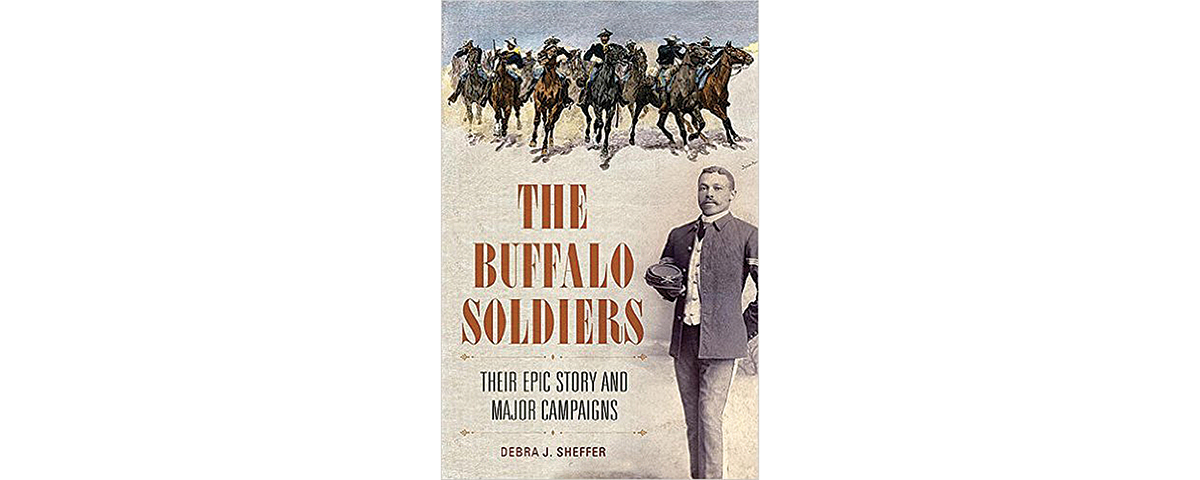The Buffalo Soldiers: Their Epic Story and Major Campaigns, by Debra J. Sheffer, Praeger, Santa Barbara, Calif., 2015, $48
There is much to commend in Debra Sheffer’s treatment of four black regiments—the 9th and 10th cavalries and 24th and 25th infantries—within the context of the black American military experience from the Revolutionary War through the official integration of U.S. military forces during the Korean War. Consistent throughout that history has been a succession of men having to prove their fighting worth amid broken promises and oppressive racism. The book certainly recounts plenty of feats of arms and sheer fortitude in the face of natural and man-made obstacles—and many such feats may be new to even the most avid of Western enthusiasts.
On the other hand, the book falls regrettably short of its goal in two respects. One is its failure to be as comprehensive as it aspires to be. Among other omissions is one of the 10th Cavalry’s most controversial company commanders, 2nd Lt. Henry Ossian Flipper, the first black graduate of the U.S. Military Academy at West Point, who served actively against Victorio’s Apaches among others before being court-martialed on embezzlement charges and dishonorably discharged. And conspicuously missing from her chapter on World War I is Eugene Bullard, the Foreign Legionnaire who became the first black American to fly as a fighter pilot in the French air service.
The other problem is that the author’s research talents are not matched in the telling. While the prejudices black soldiers encountered recurred in virtually every war in which they served, Sheffer reiterates that point in virtually the same way throughout, and the book’s overlying narrative comes off as ponderous. A bit less repetition and a bit more recounting of individual deeds (there were a lot more Medal of Honor recipients, especially during the Indian wars, than are mentioned here; see Frank N. Schuberts’ Black Valor: Buffalo Soldiers and the Medal of Honor, 1870–1898) would undoubtedly have made this book that much more compelling, to say nothing of more complete.
—Jon Guttman





